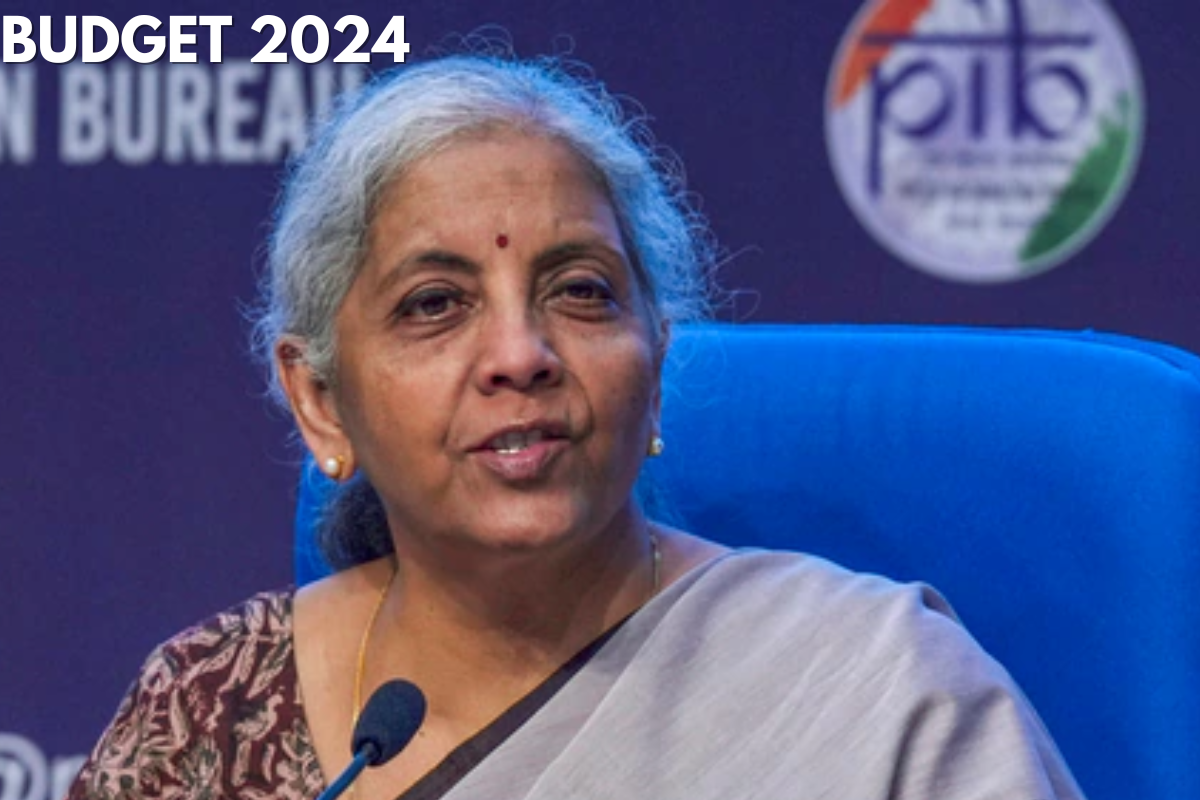Historic Release: ‘Kaise Bana Islamic Desh’ Hits 2,000 Copies in 60 Minute
The book “How Islamic Nations Were Formed “KAISE BANA ISLAMIC DESH,” authored by senior journalist, writer, and Editor-in-Chief of Sudarshan…

On Tuesday, 23rd July, Finance Minister Nirmala Sitharaman presented the first budget of Modi 3.0. The Indian Budget 2024 has introduced several noteworthy changes aimed at stimulating the economy, fostering growth, and providing relief to taxpayers. This year’s budget focuses on infrastructure development, digital economy, and tax reforms. Let’s delve into the details and understand what these changes mean for you.
The Old Tax Regime, which has been in place for several years, allows taxpayers to claim various exemptions and deductions to reduce their taxable income. Some of the common deductions include:
This regime provides significant tax-saving opportunities but requires meticulous planning and documentation.
Introduced in the Budget 2020, the New Tax Regime offers lower tax rates but eliminates most of the deductions and exemptions available under the Old Tax Regime. The goal is to simplify the tax structure and reduce the compliance burden on taxpayers. The key features include:
The finance minister said, for pursuit of ‘Viksit Bharat’, the budget envisages sustained efforts on the following 9 priorities for generating ample opportunities for all.
Deciding between the Old Tax Regime and the New Tax Regime depends on your financial situation and tax-saving preferences. Here are a few pointers to help you decide:
The Indian Budget 2024 brings promising changes aimed at economic growth and providing relief to taxpayers. By understanding the differences between the Old Tax Regime and the New Tax Regime, you can make informed decisions that best suit your financial goals. Keep an eye on the latest updates and consult with a tax advisor to optimize your tax planning under the new budget provisions.
Advertisement